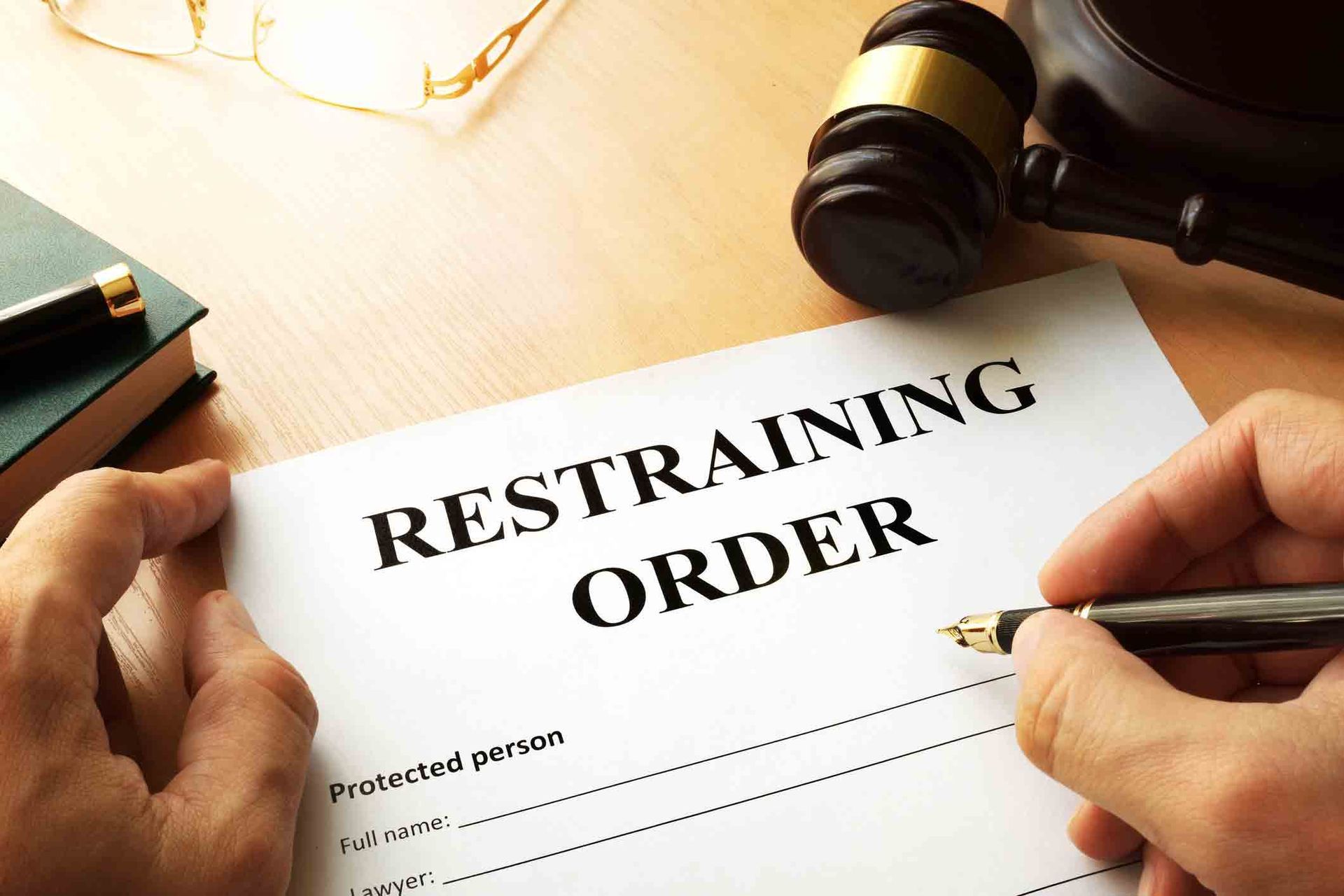
In Wisconsin, individuals can obtain restraining orders in a wide range of situations that subject them to physical or emotional harm. For example, a person can obtain a restraining order outside the domestic context. These broad laws mean that many criminal defendants might find themselves the subject of such an order.
Wisconsin Laws Governing Restraining Orders
Wisconsin has four types of restraining orders. Each type of order has different rules regarding who may obtain the order and the standards under which a court may issue such an order. The four types of restraining orders in Wisconsin include:
Domestic abuse
A person who suffers domestic abuse inflicted by an adult family member, household member, caregiver, current or former spouse, or current or former dating/intimate partner may seek a restraining order following conduct such as:
- Intentional infliction of injury or pain
- Intentional impairment of a physical condition
- Sexual assault
- Stalking
- Intentional damage to physical property
- Any threat to engage in any of the above behaviors
Harassment
A person may seek a restraining order against an individual who engages in harassment, regardless of the parties’ relationship. In Wisconsin, harassment can involve conduct such as:
- Striking
- Shoving
- Kicking
- Child abuse
- Sexual assault
- Stalking
- Acts lacking a legitimate purpose that harass or intimidate
- Any offensive physical contact
- Any threat to commit any of the above behaviors
Child abuse
An interested party may obtain a restraining order to protect a child from ongoing or imminent child abuse, such as:
- Physical injury
- Human/sex trafficking
- Sexual assault or exploitation
- Exposure to methamphetamine manufacturing
- Emotional damage that a parent or guardian has neglected to treat
Individual at risk
Courts can issue restraining orders to protect individuals at risk, including adults with physical or mental conditions that substantially impair their ability to care for themselves or adults over 60 experiencing or at risk of experiencing abuse, financial exploitation, neglect, self-neglect, non-consensual treatment, unreasonable confinement, or harassment.
Legal and Practical Consequences for Criminal Defendants
The broader availability of restraining orders in Wisconsin can have significant consequences for defendants in domestic abuse or harassment cases. Wisconsin allows courts to issue temporary restraining orders when a person files a petition that meets the statutory pleading requirements.
Temporary restraining orders (TROs) become effective immediately before defendants have an opportunity to present a defense or contest domestic abuse or harassment allegations. A TRO can impose various restrictions upon a defendant, including barring them from contacting the petitioner or going to places the petitioner frequents. Fortunately, TROs only last until the court can hold a hearing to determine whether to issue a final restraining order. Final restraining orders can last for up to 10 years, depending on which type of order a person seeks. In certain situations, the court can order a permanent restraining order.
Restraining orders can have other long-term effects, such as requiring a defendant to vacate a residence they share with the petitioner, losing custody rights, or losing employment due to the stigma of becoming subject to a restraining order.
Contact a Domestic Violence Defense Attorney
If someone has accused you of domestic violence or harassment, you might be subject to a restraining order that can have significant adverse consequences for your life, employment, and personal relationships. Talk to a domestic violence attorney to learn how Wisconsin’s restraining order laws may affect your case. Contact Cohen Law Offices, LLC, today at (715) 514-5051 for a confidential consultation with dedicated legal counsel to discuss your options.

